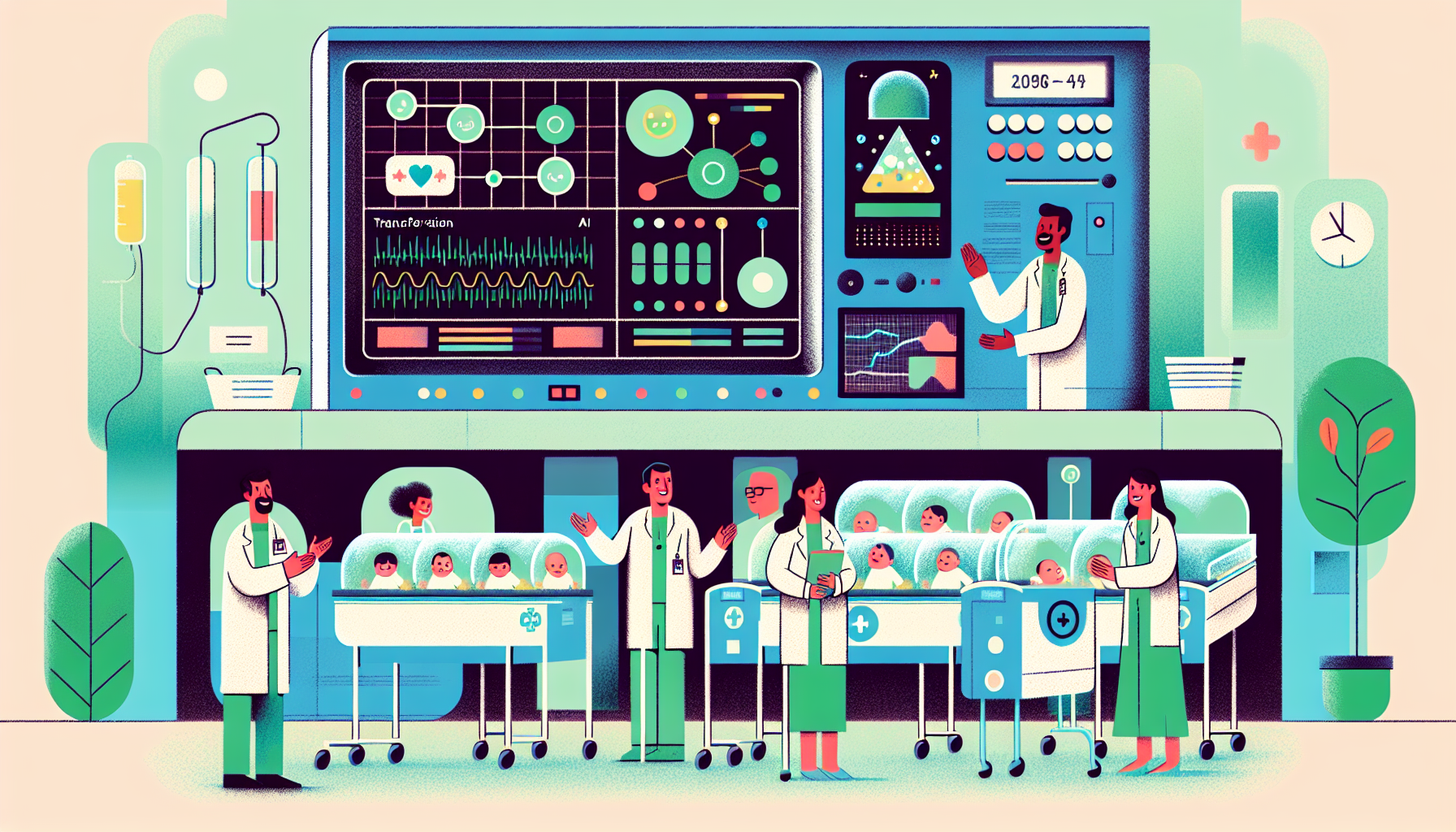In a remarkable advancement in medical technology, a team from the Icahn School of Medicine at Mount Sinai has unveiled an AI-based tool with the potential to transform infant care. This innovative system can detect serious neurologic changes in babies in the neonatal intensive care unit (NICU) using only video data, ushering in a new era of real-time health insights.
The Challenge of Neurologic Monitoring in NICUs
NICUs in the U.S. care for over 300,000 newborns annually, yet monitoring their neurological health remains a pressing challenge. Unlike the continuous tracking of heart and lung functions, the neurological monitoring of infants has been limited by the shortcomings of traditional methods like electroencephalography (EEG). Conventional assessments, dependent on sporadic exams, often fall short in capturing subtle changes in an infant’s neurologic condition.
The Role of “Pose AI”
The breakthrough came through a machine learning technique called “Pose AI.” This method was adapted by Mount Sinai researchers from technologies used in sports and robotics. By training a deep-learning algorithm using a vast dataset—comprising over 16,938,000 seconds of video footage from 115 infants—the team refined the algorithm’s ability to monitor infants in the NICU. These babies were already under continuous video EEG observation, providing an ideal training ground for the AI.
Key Findings
“Pose AI” has shown remarkable efficiency in tracking key infant movements and predicting critical conditions such as sedation and cerebral dysfunction. The high accuracy of this AI tool is demonstrated by its receiver operating characteristic area under the curves (ROC-AUC) scores, which range from 0.87–0.91 for sedation and 0.76–0.91 for cerebral dysfunction.
One standout feature is the adaptability of the Pose AI system. It performs consistently across various lighting conditions—day and night—as well as during phototherapy sessions, and from multiple camera perspectives. The system’s movement index aligns with gestational and postnatal age, underscoring its reliability.
Clinical Implications
This cutting-edge tool holds significant promise in clinical settings. By facilitating continuous neurologic monitoring, it offers the potential for early detection, swifter interventions, and enhanced outcomes. Dr. Felix Richter, a lead voice in the study, stresses that while this AI tool complements the evaluations of healthcare providers, it does not replace them. It offers a vital continuous readout, enabling real-time actions.
The goal is to weave this AI technology into systems akin to current heart rate monitors, with cameras keeping watch over infants and AI continuously analyzing neurological status. This setup could send alerts about sedation changes or signs of dysfunction, allowing caregivers to combine video evidence with AI insights for informed care decisions.
Future Directions
While promising, the study’s limitations are clear. Training was exclusive to data from a single facility, necessitating further tests across varied institutions and camera systems. The research team aims to expand the testing to more NICUs and embark on clinical trials to evaluate the AI’s effect on patient care. Beyond neonatal care, they are exploring applications in other neurological conditions and adult care, reflecting the technology’s vast potential.
Conclusion
This pioneering AI tool is a leap forward for neonatal care. By harnessing the power of computer vision and deep learning, the Mount Sinai team has crafted a non-invasive, scalable solution for continuous tracking of neurological health. Its promise lies in enabling timely interventions, improving health outcomes, and offering new hope for our youngest and most fragile patients.

Leave a Reply